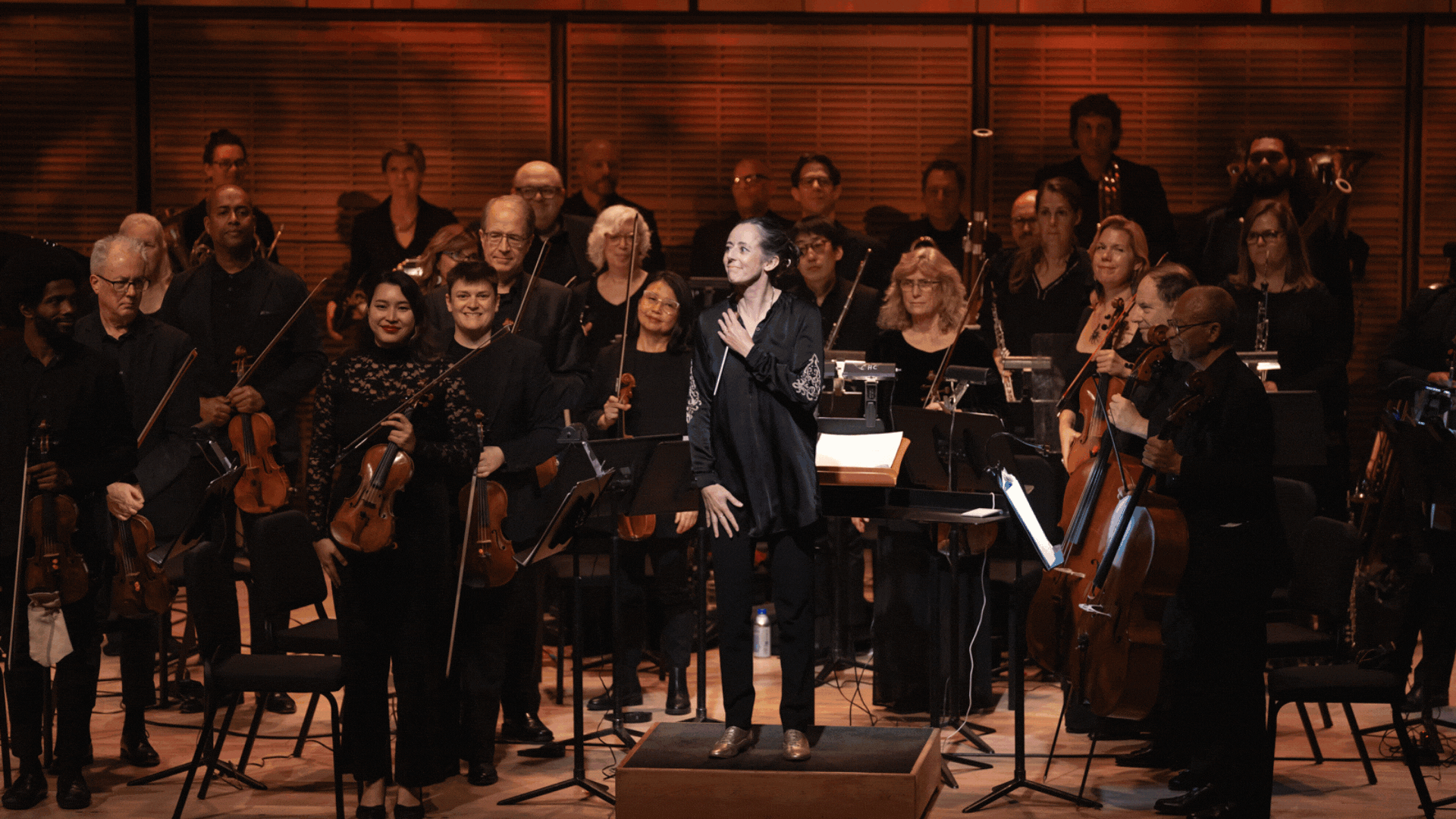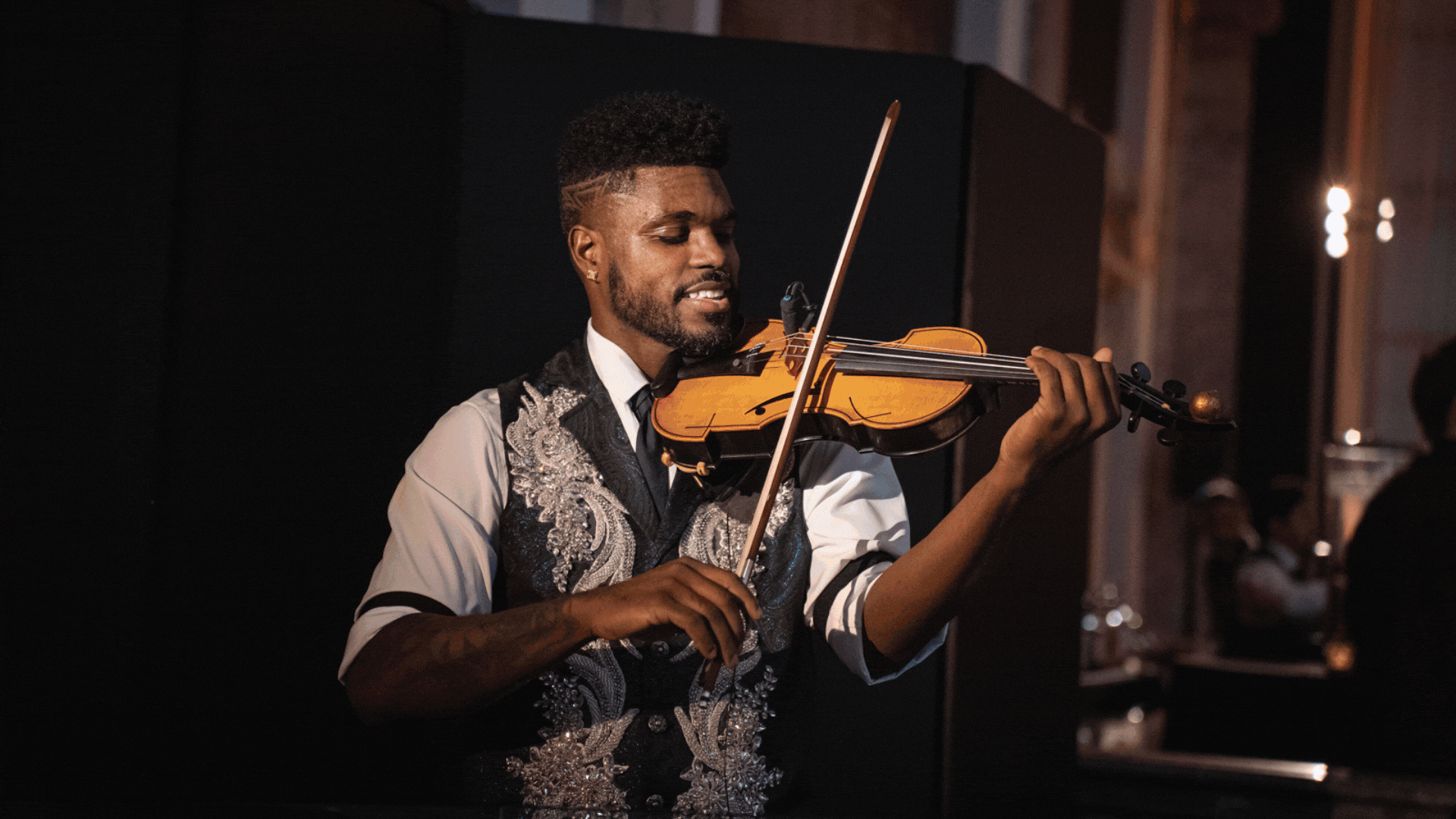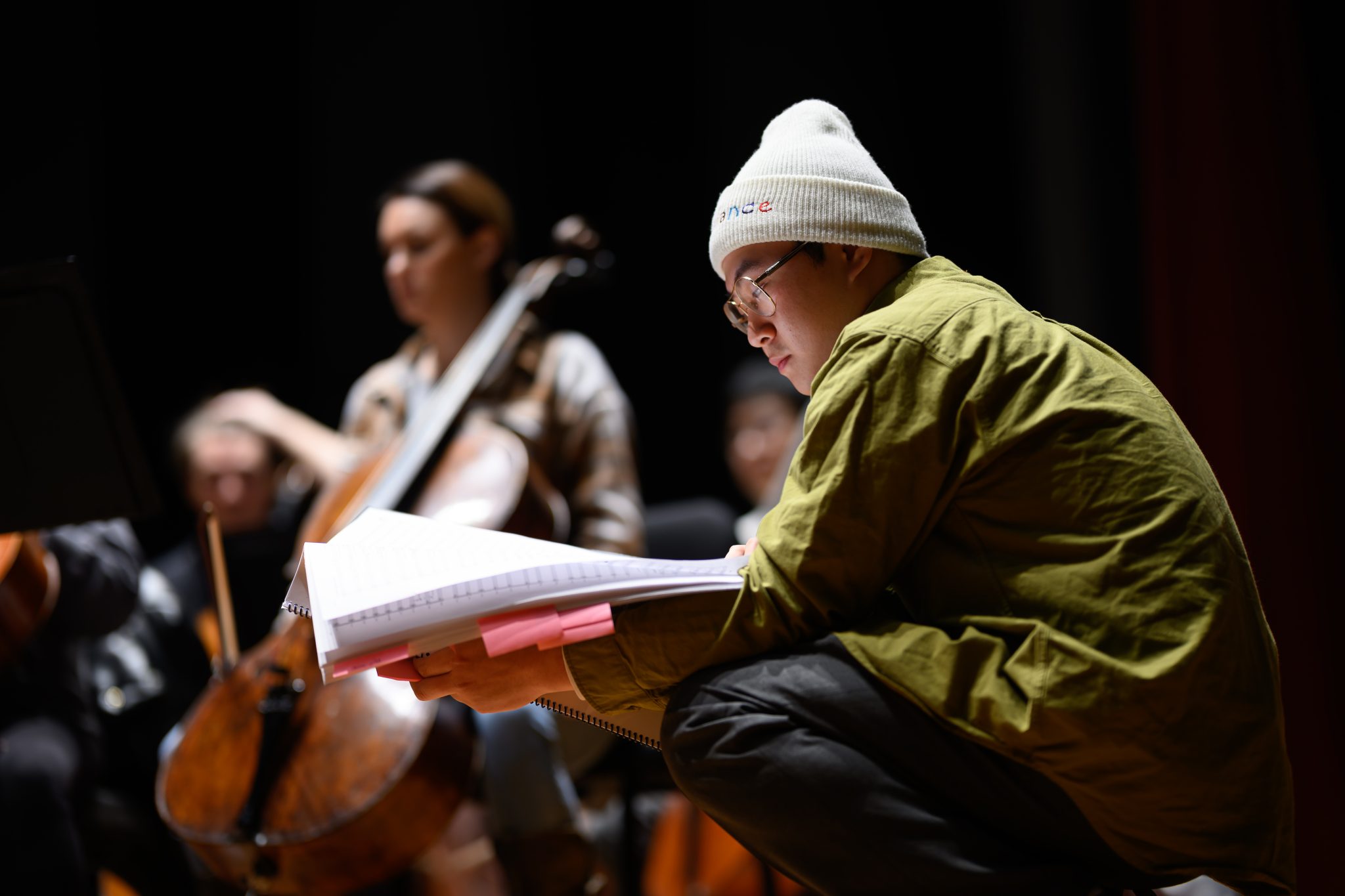23rd Annual Underwood New Music Readings: Composer Spotlight - Kyle Peter Rotolo
SoundAdvice sits down with Kyle Peter Rotolo, one of the composers selected to participate in ACO's 23rd Annual Underwood New Music Readings on June 6 and 7, part of this year's inaugural NY PHIL BIENNIAL celebration. His piece, Apophis, is based on the Earth-bound asteroid of the same name. Rotolo assures us, it "is very unlikely to collide with us."

American Composers Orchestra: What were your first thoughts when you were chosen to participate in these Readings, which are part of the inaugural NY PHIL BIENNIAL?
Kyle Peter Rotolo: Hang up the phone before they change their minds! I was thrilled that Apophis would be given new life. As my first significant effort in writing for the orchestra, I did not expect much to happen after I put a double bar on it. There was no commission involved or performances booked.While I was studying at Brevard Music Center in summer 2012, students had an opportunity to sketch some ideas for the orchestra to read, so I took advantage of that and put some thoughts down. I decided to finish the process at the end of my Master’s work, but it was all up in the air after graduation. The Underwood Readings acceptance was the best kind of surprise.
ACO: Since you were selected, have you further developed your piece? How have you been preparing yourself and your work for the Readings?
KPR: For better or worse, I have the habit of being a chronic reviser of my scores. However, after a certain point, there is a diminishing rate of returns. Trying to improve on that 1% of the piece that you are not comfortable with is most often a futile endeavor. The piece was just fine when it was sent out in December, so it’s probably just fine now. My main focus has been triple-checking all my parts, making sure everybody has the same amount of bars and rehearsal numbers, and I’ve taken Bill Holab’s excellent feedback to heart regarding music publishing.
ACO: During the Readings your work will be workshopped with George Manahan, mentor composers, and ACO musicians. What do you hope to gain from this experience?
KPR: The music making process is fascinating in large part because every element is viewed subjectively; impressions vary from person to person. It is always enlightening to hear how another composer or performer views something I have written, and shares how they see the potential for things to go a different way. Much to my chagrin, I often agree! There is a reason these artists are so esteemed. It is because their thoughts make excellent musical sense. So I hope everyone, including my colleagues, is forthcoming with their opinions and suggestions. I hope they hold nothing back.
ACO: Is there anything you'd like the audience to know about your piece in advance? Anything you hope they take away from hearing it?
KPR: First, some good news:Apophis, the Earth-bound asteroid, is very unlikely to collide with us. Second, although the piece takes its name from the popular science story, the music is not written in a strictly narrative form. Apophis is not a literal character represented in the music. More so, the piece is written in a way that combines a good number of layers (contrapuntally, heterophonically, and any other way I could think of) to create a colossal texture. And while I am skeptical that music can ever be “about” something, I hope the final impression Apophis leaves is an uplifting one.
Corporate gifts to match employee contributions are made by Goldman Sachs, Deutsche Bank, Triton Container International Incorporated of North America, and Neiman Marcus.
Public funds are provided by the New York City Department of Cultural Affairs in partnership with the City Council, and the New York State Council on the Arts with the support of Governor Kathy Hochul and the New York State Legislature, Office of Brooklyn Borough President Reynoso, and the National Endowment for the Arts.






